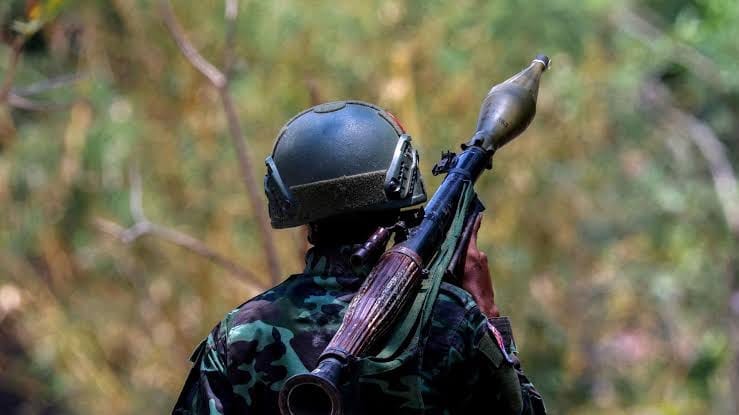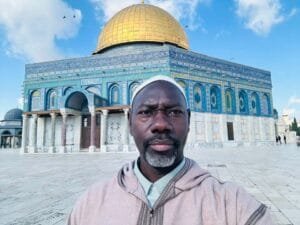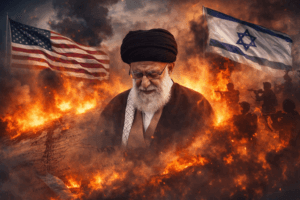Myanmar rebel groups reject Junta’s peace offer amid ongoing civil war
Rebel groups have firmly rejected a recent peace offer as the nation’s civil war enters its fourth year. The junta, struggling with battlefield losses and mounting defections, extended an olive branch in a bid to quell the widespread rebellion and stabilize its faltering control.

Rebel groups have firmly rejected a recent peace offer as the nation’s civil war enters its fourth year. The junta, struggling with battlefield losses and mounting defections, extended an olive branch in a bid to quell the widespread rebellion and stabilize its faltering control.
The military regime, which seized power in a 2021 coup, made the appeal on Thursday, calling on ethnic armed groups and so-called “terrorist insurgent groups” to engage in political dialogue and participate in elections slated for next year. The proposal marked the junta’s first such outreach since taking power and followed the collapse of a Chinese-brokered ceasefire in northern Shan state.

The exiled National Unity Government (NUG), formed by opponents of the coup, dismissed the offer outright. “The junta has no authority to hold an election,” the NUG stated, signaling its refusal to consider any negotiations with the military.
The Karen National Union (KNU), one of the country’s largest ethnic armed organizations, responded with skepticism. “Talks are only possible if the military agrees to common political objectives,” said KNU spokesman Padoh Saw Taw Nee, outlining conditions for any future peace process. “Number one: no military participation in future politics. Two, they have to agree to a federal democratic constitution. Number three, they must be accountable for everything they have committed… including war crimes and crimes against humanity. No impunity.”
The junta’s plea for dialogue comes at a time when it reportedly controls less than half of Myanmar’s territories. In June, three ethnic armies launched renewed offensives, capturing key areas near the border with China’s Yunnan province. The fighting in Shan state threatens China’s strategic plans to connect its southwestern region to the Indian Ocean via Myanmar. Beijing, increasingly frustrated, is believed to have warned the junta’s leader, Min Aung Hlaing, during a diplomatic visit last month.
Despite the junta’s appeal, rebel leaders remain unimpressed. Maung Saungkha, leader of the Bamar People’s Liberation Army, dismissed the offer, saying his group is “not interested.” In a more biting critique, Soe Thu Ya Zaw, commander of the Mandalay People’s Defense Forces, wrote on Facebook: “They are hanging goat’s heads but selling dog meat.”
Since the coup, Myanmar has descended into chaos, with peaceful protests quickly crushed by military violence, prompting ethnic armed groups to unite with anti-coup militias. According to the United Nations, at least 50,000 people have been killed, and over two million have been displaced. Last week, the UN warned that the country is “sinking into an abyss of human suffering,” amid reports of torture and atrocities committed by the military.
As the junta struggles to hold power, it remains unclear if any political solution can emerge from a conflict that has engulfed the nation and continues to deepen its humanitarian crisis.














